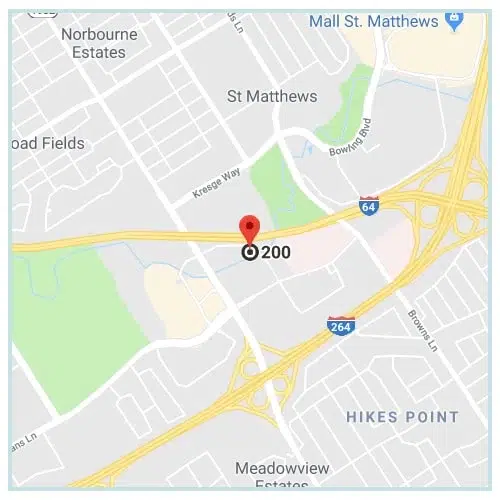As you put together your Kentucky estate plan, you should make sure that any trusts you establish coordinate with your Last Will and Testament. If they do not, your property and assets may not pass to your heirs and beneficiaries the way you want them to.
FindLaw explains that a pour-over will can take care of this problem. In a pour-over will, you instruct your designated executor to pour over whatever assets you own when you die into your living trust. In other words, your pour-over will acts as the catch-all legal document that provides you with the following advantages:
- You need no longer worry that you forgot to put newly-acquired assets into your living trust.
- You can rest assured that the living trust provisions you established, including the assets in it, its administration, and the distribution of its income and assets will remain private since trusts do not go through probate when you die.
- You get the satisfaction of knowing that you have completed your estate plan and all your estate planning documents will work together when the time comes.
Probate
Keep in mind that your pour-over will itself will need to go through probate. Nevertheless, since all it does is instruct your executor to pour over all your assets not already there into your living trust, this probate process should go much more quickly and smoothly than most. Why? Because all your executor needs to do is pay your outstanding bills and taxes before the Probate Court grants him/her the authorization to pour over your remaining assets into your living trust.
Thus, while probate represents a public court process in which most documents become a matter of public record, your probate estate will contain almost nothing open to public scrutiny. Remember, your living trust itself is a private document. As such, none of its provisions will come to light during the probate process.
The most important thing you need to do is to make sure that your pour-over will and your living trust mention each other. In addition, make sure that neither contains language that clashes with the other.
This is general educational information and not intended to provide legal advice.




